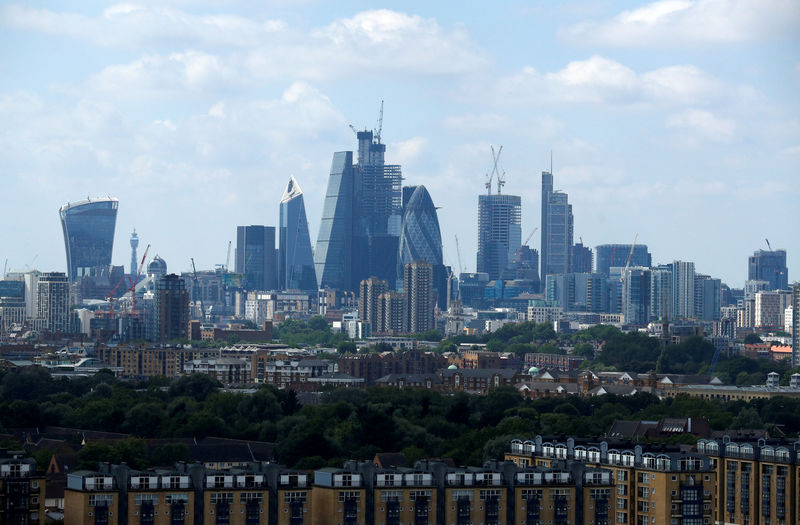By Geoffrey Smith
Investing.com -- Inflation accelerated again in the U.K. in February, disappointing hopes for a slowdown and piling on the pressure on the Bank of England to keep raising interest rates despite the growing risk of financial instability.
The consumer price index rose 1.1% on the month, well above the 0.6% rise expected, taking the headline annual rate back up to 10.4% from 10.1%. Analysts had expected it to fall below 10% for the first time since August. Retail price inflation, which includes housing costs, accelerated to 13.8% from 13.4%, by far the highest level among major industrial economies.
The numbers come a day before the Bank of England is set to announce its latest policy decisions, and greatly increase the risk of another increase in interest rates. Bank of England Governor Andrew Bailey had invited speculation at his last press conference that the Bank's latest hike, which took the Bank rate to 4.0%, could be the last in the current cycle.
Simon French, chief economist with stockbrokers Panmure Gordon, tweeted that "Whilst there will be an argument for holding the U.K. rate at this week’s Monetary Policy Committee meeting given recent financial sector turbulence, this probably tips the balance for a data-dependent BoE towards 25bp."
The U.K. had been one of the jurisdictions pressing for a quick and effective resolution of Credit Suisse (SIX:CSGN) before the weekend, according to comments by Swiss regulators, owing to the risk of contagion in what is still by far Europe's largest financial center.
"The largest upward contributions to the monthly change came from restaurants and cafes, food, and clothing," the Office for National Statistics said in a statement accompanying the numbers. Food prices alone were up 2.1% on the month and were up 16.8% on the year, the fastest inflation in 45 years for a category of goods that has the biggest weighting in the ONS's price basket. The U.K. had suffered shortages of fresh vegetables during the month due to poor growing conditions in Spain, a key supplier which, since Brexit, has been separated from the U.K. by a customs barrier.
The ONS noted that these rises were "partially offset" by downward pressure from petrol and diesel and from recreational and cultural goods and services.
There were, however, fresh signs that pipeline inflation pressure is easing a little, as wholesale energy prices continue their decline at the end of a mild winter, and as consumers start to revolt against widespread price increases.
The producer price index, which usually acts as a leading indicator of where inflation is heading, fell by 0.3% in February, rather than rising by 0.2% as expected. That brought the annual rate of factory gate inflation down to 12.1%, its lowest since last March. Producer price inflation had peaked last year at 17.1% but had fallen to 13.5% by January.
